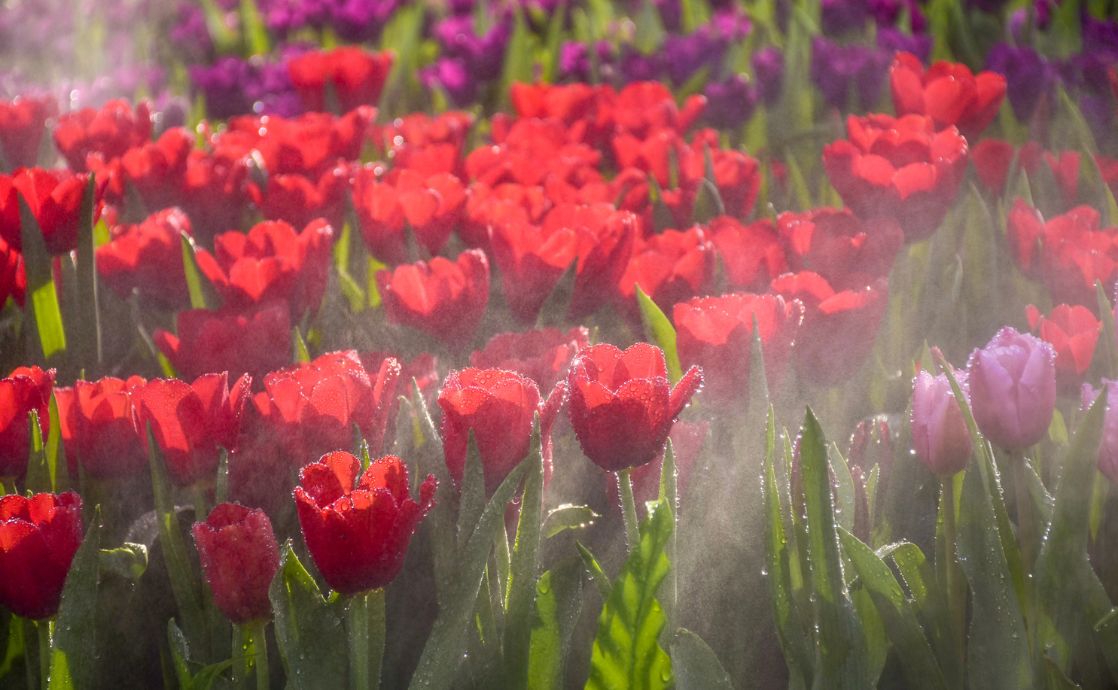The concept of paradise within the Bahá’í faith is intricate and multifaceted, particularly as it relates to the celebration of Ridván, a significant period denoting a time of divine revelation and spiritual enlightenment. The First Day of Ridván, celebrated annually around April 21, marks an auspicious moment when Bahá’u’lláh, the founder of the Bahá’í faith, proclaimed His mission to the world. This event serves as a profound opportunity to examine the teachings surrounding paradise from a Bahá’í perspective, shedding light on its spiritual significance and diverse interpretations.
At its core, the Bahá’í definition of paradise transcends the conventional imagery of ethereal bliss and celestial reward. Instead, it presents paradise as an expansive metaphor for spiritual advancement and the attainment of divine proximity. This interpretation underscores the essence of human development, positioning the attainment of spiritual virtues as the cornerstone of experiencing paradise. In this way, Bahá’ís perceive paradise not merely as a geographical location, but as a dynamic state of existence reflecting one’s closeness to God and adherence to His teachings.
The First Day of Ridván further embodies the concept of a new beginning. It symbolizes a fresh opportunity for believers to realign their lives with the principles outlined by Bahá’u’lláh. The day is imbued with themes of renewal and recommitment, and it challenges adherents to reflect on their spiritual journey. The observance of this day fosters a collective sense of unity, celebrated with community gatherings, prayers, and reflections on Bahá’í teachings that delineate the path to paradise.
Another layer to this discourse involves the Teachings of Bahá’u’lláh, which advocate for the spiritual rebirth of humanity. The idea of a new world order, predicated on principles of justice, equity, and love, is pivotal. Such ideals echo the essence of paradise; they articulate a vision where the barriers of divisiveness dissolve, and humanity coexists harmoniously. The Bahá’í faith stresses that the realization of this utopian vision hinges on the active participation of individuals seeking personal and communal transformation.
Moreover, the Bahá’í view on paradise encompasses the relationships among individuals in society. Here, paradise is presented as a communal state; it is not solely the individual that ascends to a higher realm but rather the collective upliftment of society as a whole. This perspective encourages Bahá’ís to engage in social action, fostering environments that nurture moral and spiritual development. Such involvement is seen as essential to evolving into a heavenly community, echoing the spiritual principles espoused during the First Day of Ridván.
In addition, the Bahá’í teachings delineate the importance of leveraging one’s abilities and resources to contribute to the well-being of others. This altruistic lens is intrinsic to the notion of paradise. The belief posits that true fulfillment and joy emerge when one serves the greater good, aligning closely with the idea that the essence of paradise is found in acts of compassion, kindness, and service. On the First Day of Ridván, Bahá’ís often reflect upon the societal implications of their spiritual responsibilities, contemplating how they might embody the virtues that lead to the creation of a more just world.
The celebration of Ridván also serves as a reminder to individuals of their inherent potential. The Bahá’í teachings reiterate that every person possesses the capacity for greatness—the potential to actualize divine qualities, which include love, forgiveness, and wisdom. The First Day of Ridván encourages adherents to embrace this potential, propelling them toward achieving a state of paradise not only for themselves but also for those around them. This transformative vision reinforces the communal ethos ingrained in Bahá’í practice, fostering a network of mutual support and empowerment.
Furthermore, the Bahá’í interpretation of paradise can be associated with the pursuit of knowledge and education. Education is heralded as a catalyst for spiritual and intellectual growth, providing individuals with the means to transcend their limitations. It is through enlightenment that one may navigate the complexities of existence and ascend toward the higher realms of consciousness. The First Day of Ridván is thus viewed as an intellectual awakening, prompting believers to seek wisdom and to cultivate an insatiable curiosity about the divine and the universe.
In conclusion, the Bahá’í teachings present a rich tapestry of concepts regarding paradise, intricately woven with the threads of spiritual growth, communal responsibility, and the pursuit of knowledge. The First Day of Ridván serves as an emblematic occasion to reaffirm one’s commitment to these ideals, facilitating a communal aspiration toward a shared spiritual destiny. Such discussions enrich the understanding of paradise as a profound journey of self-discovery and collective elevation, where every individual is invited to partake in the unfolding narrative of humanity’s promise and potential.
